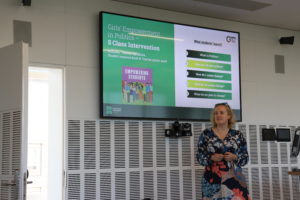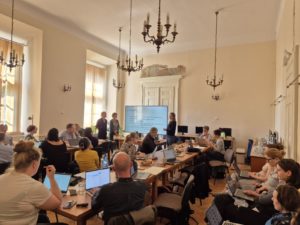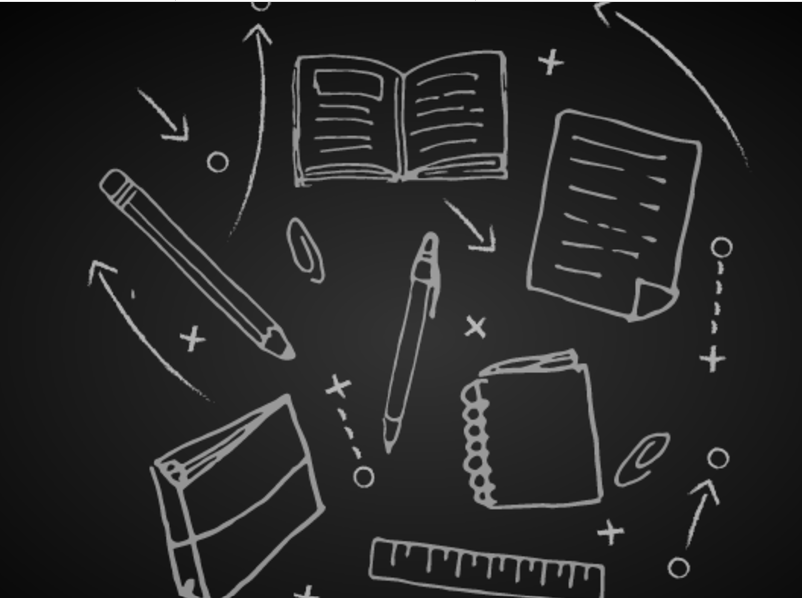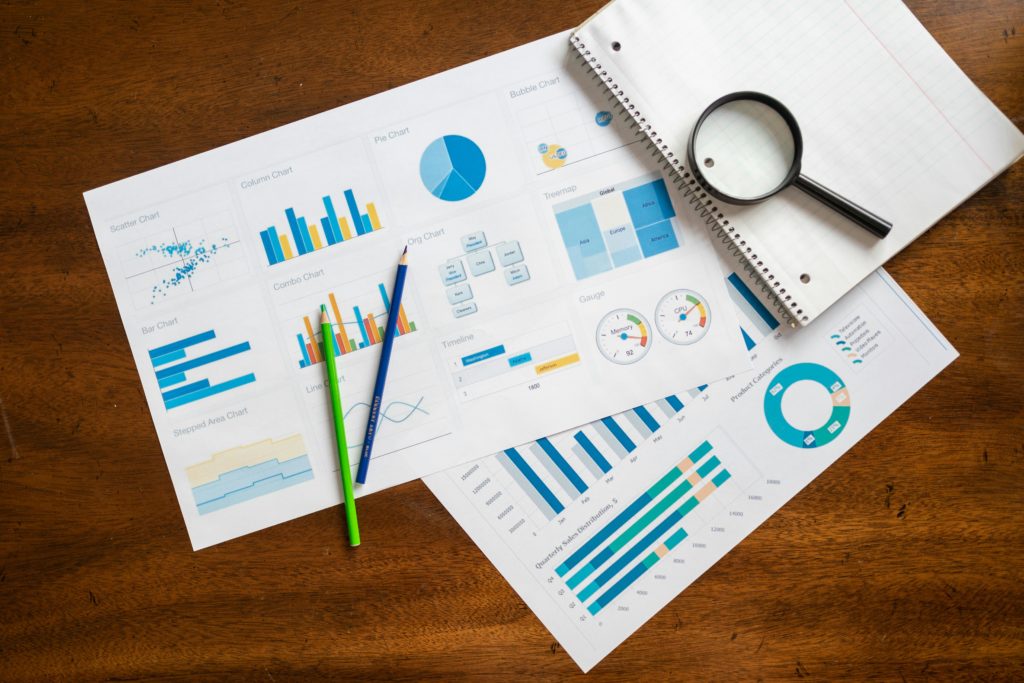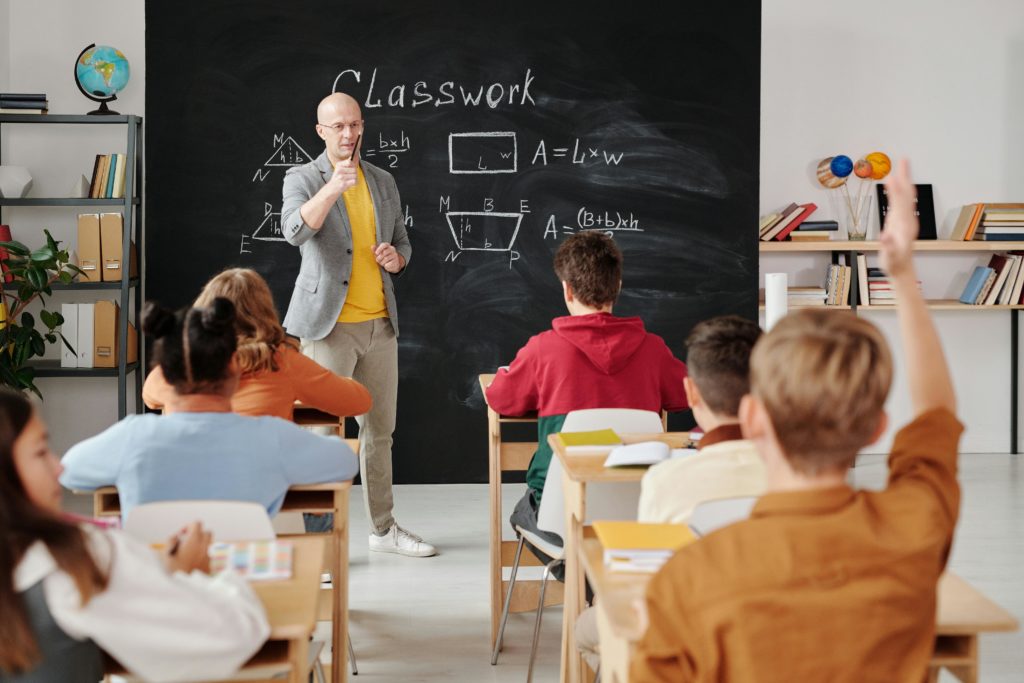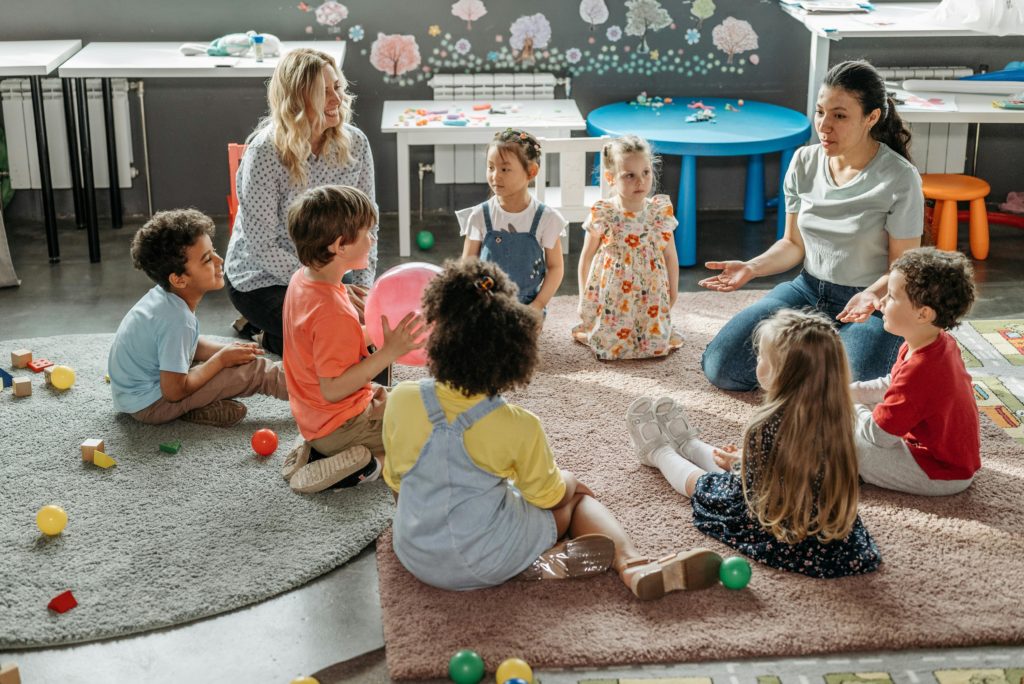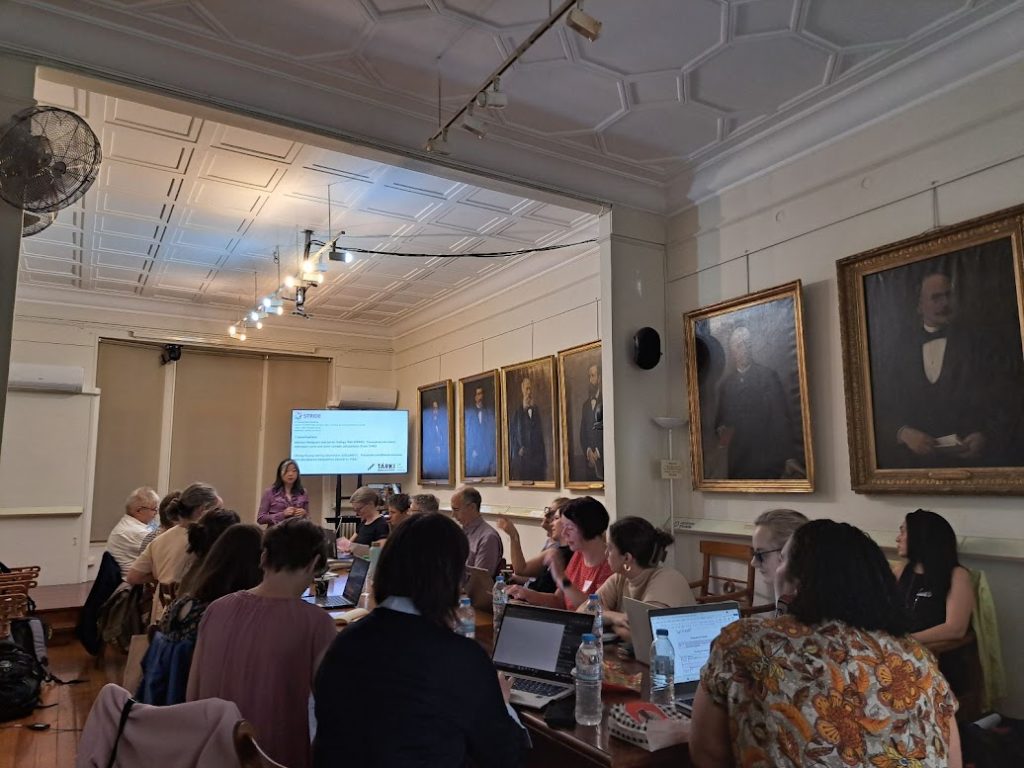Education is considered at EU level as the basis for learners’ personal fulfilment, employability and active, responsible citizenship as well as for societies’ resilience and sustainability. In 2017, the European Union enshrined access to quality and inclusive education, training and lifelong learning within the European Pillar of Social Rights. The same year, the proposal for a European Education Area (EEA) was high on the agenda. The surge of the COVID-19 pandemic showed how important it was to strengthen collaboration among Member States in essential public goods such as health but also education and training in order to prevent negative impacts in terms of inclusion and equity.
In September 2020, the Commission finally launched the European Education Area Communication and in February 2021 the Council complimented this process by publishing a Resolution on a strategic framework for European cooperation in education and training for the period 2021-2030. The Communication has strong links with another strategy part of the education and training ecosystem at EU level: the European Skills Agenda.
The EEA aims to bring the EU institutions and Member States together to achieve common goals focused on key areas such as improving quality and equity in education and training; teachers, trainers and school leaders; digital education; green education and the geopolitical aspect of the EEA. One of the methods for strengthening collaboration among Member States and education and training stakeholders is the formation of Working Groups such as on Early childhood education and care; Schools, including sub-groups on (Pathways to School Success and Learning for Sustainability); Higher education; Vocational education and training and the green transition; Adult learning: opening up opportunities for all; Digital education: learning, training and assessment and Equality and values in education and training.
These working groups act as an exchange forum for policy makers and civil servants as well as civil society representatives, social partners and experts from international organisations to share experiences and practices that address common challenges, the exchange includes information about reforms being planned or implemented in national systems that can bring about positive changes across the EU and beyond.
While all working groups have embarked on discussion linked to inclusion and equity in education and training. The working group more closely focused on these topics is the Equality and Values working group. The aim of this group is to reflect and exchange around the necessary structural reforms in education and training systems in order to ensure equality. The values component of the group refers to EU values such as anti-radicalisation, citizenship education and training, disinformation and inclusion of refugees and migrants as well as the European dimension in education.
 Some of the main deliverables of the Working group include Issue papers on gender equality in and through education (2023) and on Tackling different forms of discrimination in and through education and training (2023); also an Input paper on Special Educational Needs (2023) as well as an Issue Paper and Policy brief on Citizenship education (2024).
Some of the main deliverables of the Working group include Issue papers on gender equality in and through education (2023) and on Tackling different forms of discrimination in and through education and training (2023); also an Input paper on Special Educational Needs (2023) as well as an Issue Paper and Policy brief on Citizenship education (2024).
The Lifelong Learning Platform (LLLP) has been part of this working group as well as others previously mentioned since their launch as civil society representatives. LLLP is tasked with disseminating the relevant results of the STRIDE project to the participants in these working groups hoping to generate further discussions and actions on the reforms needed for achieving equity and inclusion in education and training systems in a democratic Europe.

